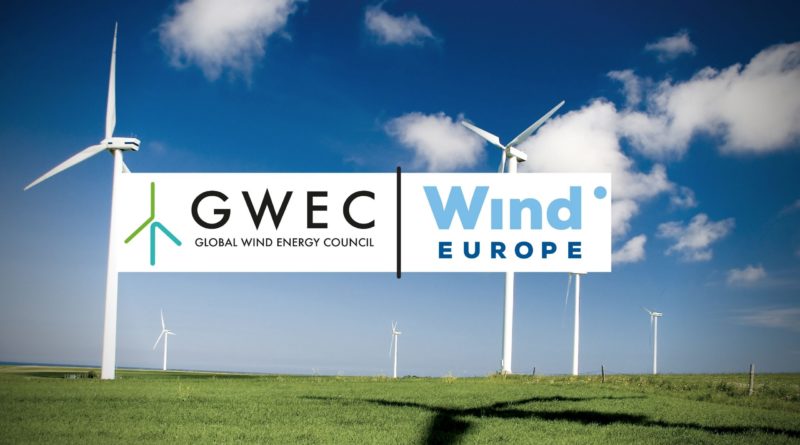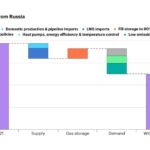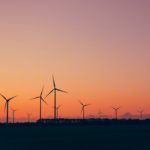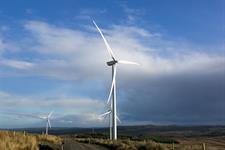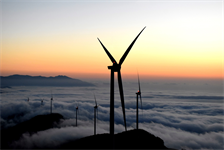Joint statement on the IEA’s ten-point plan to reduce the European Union’s reliance on Russian natural gas
Energy Disrupter

Only streamlined permitting procedures will allow for the acceleration of renewable energy deployment that is urgently needed to increase energy security in Europe and countries around the world. These permitting changes are actions that can be taken now to create an immediate impact for Europe’s renewable energy market.
We also call on countries outside of Europe to take notice and act now to guard against fluctuating fossil fuel prices. Simplified permitting schemes and shorter decision times can support greater acceleration of wind projects worldwide.
Before the invasion of Ukraine, consumers were already feeling the effects of high power prices. Fluctuating gas prices have pushed many households into energy poverty and curtailed economic productivity. The IEA acknowledges that short-term price cushions for consumers are worthwhile to consider, but they shouldn’t be financed by increasing costs on renewable energy when these will undermine renewables production and/or deter new investments.
GWEC and WindEurope do not support the IEA’s idea of temporary tax measures to raise rates on electricity companies’ “windfall profits”.
Europe and other regions need huge investments in renewables to increase energy security now. The EU installed 11 GW of new wind last year when it should be installing 32 GW a year to deliver the 40% renewable energy target. Globally, annual wind installations should be scaling up by 4 times within this decade to get on-track for a 1.5°C scenario. This is the moment for Governments to encourage investments, not undermine them.
National Governments should not resort to taxing infra-marginal rents. Past examples in Spain, Romania, Bulgaria and Italy are resulting in market distortions, deterring investors, and failing to meet the stated objective of protecting consumers – all while at times leading to more emissions. They freeze new investments. Which in turn means less renewables. And less energy security.

